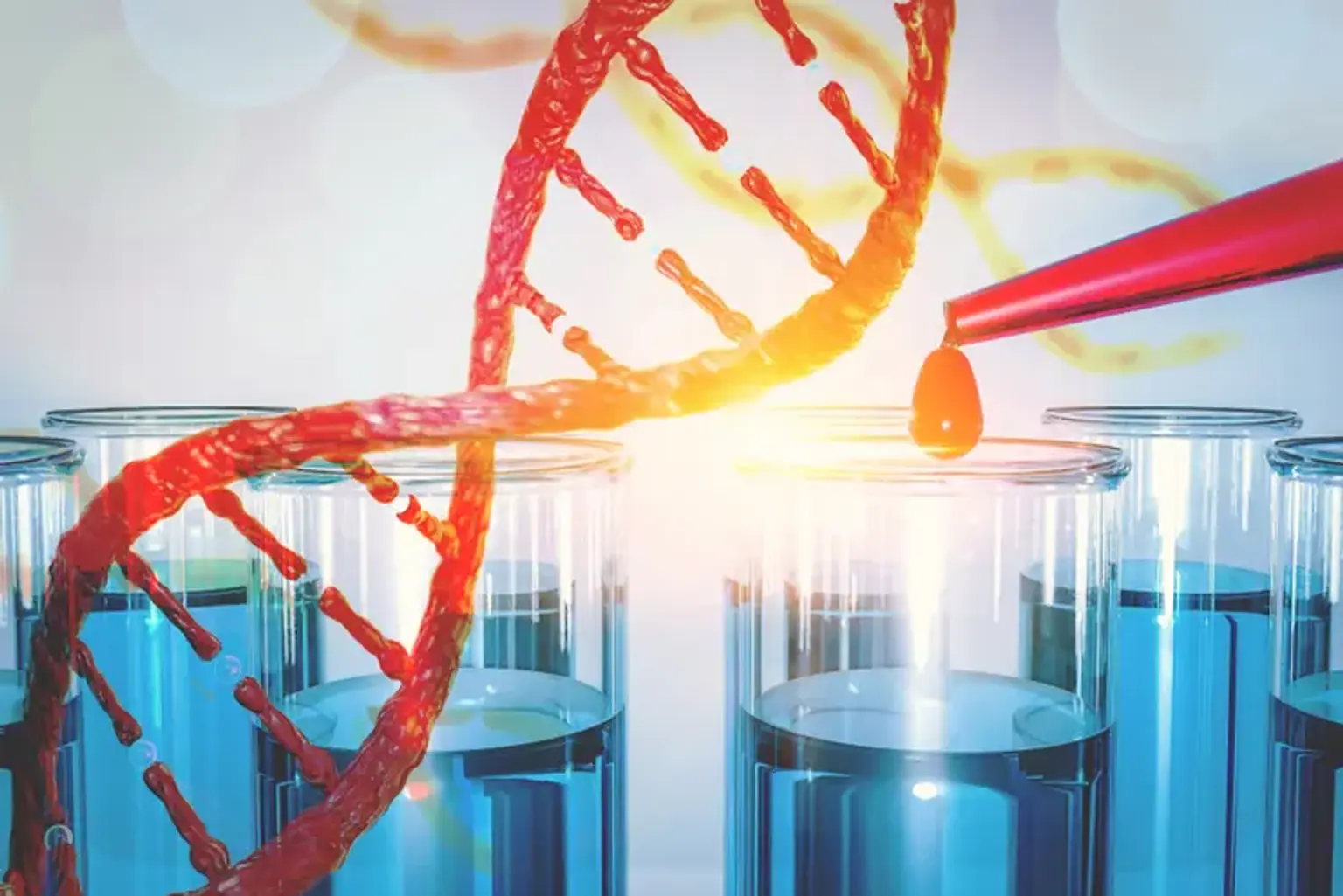Cancer Genomics
Cancer is a category of disorders brought on by DNA mutations that affect cell function and lead to unregulated proliferation and malignancy. These anomalies can include DNA mutations, rearrangements, deletions, amplification, and the addition or deletion of chemical markers, among other abnormalities. Cells may produce aberrant amounts or misshaped proteins that do not function normally as a result of these alterations. The majority of the time, several genetic changes interact to induce cancer.
Genetic changes can be inherited from one's parents, brought on by the environment, or arise naturally during processes like cell division. Acquired or somatic abnormalities, which make up 90-95 percent of all cancer cases, are changes that occur throughout a person's lifetime.
The study of the human genome, or our entire set of DNA, is done in the discipline of cancer genomics, a relatively new area of study that makes use of current technological advancements. Scientists discover genetic variations that could lead to cancer by sequencing the DNA and RNA of cancer cells and comparing the sequences to normal tissue, such as blood. To determine which proteins are abnormally active or silent in cancer cells, a method known as structural genomics may also be used to evaluate the activity of genes encoded in our DNA.
Scientists can better grasp the molecular roots of cancer growth, metastasis, and medication resistance once cancer-causing alterations have been found. This is accomplished by laboratory research employing cell lines and model organisms, clinical data that explains how patients responded to cancer treatment, big data processing techniques, and laboratory studies. A key strategy for cancer research is to pool huge genomic datasets and make them available to researchers throughout the world, as this increases the data's value and creates new research opportunities. Researchers at the National Institutes of Health (NIH) and elsewhere in the world are putting a lot of effort into identifying the genetic abnormalities that underlie cancer, figuring out how they affect tumor growth and metastasis, and using this information to combat the disease.
